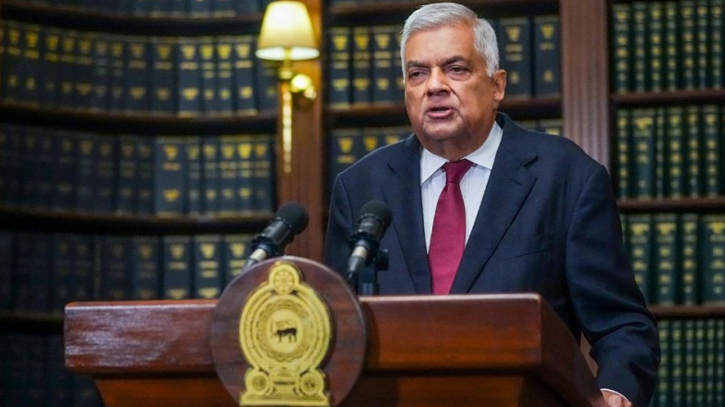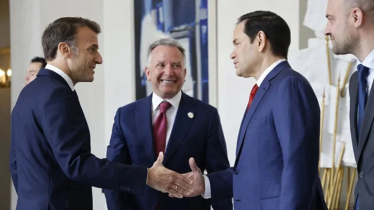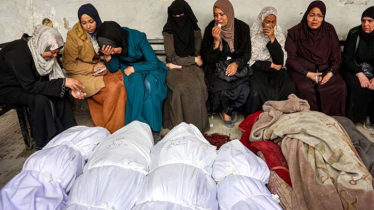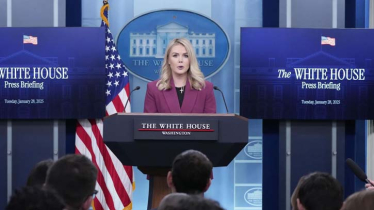
Photo: Collected
Sri Lanka's private creditors have accepted a 28 percent haircut on $12.5 billion in sovereign bonds, the government announced Thursday, meeting a key condition of an IMF bailout. After two days of talks in Paris with most international sovereign bond (ISB) holders, Colombo clinched the final step in restructuring private, bilateral and domestic debt.
The country defaulted on its external debt in April 2022 after running out of foreign exchange, and the unprecedented economic crisis forced then-president Gotabaya Rajapaksa to step down. Last week, Sri Lanka announced rescheduling loans from its key bilateral creditor China and other nations, covering up to $10 billion in official loans.
Debt restructuring is a critical step towards recovery after the 2022 financial crisis and the maintenance of a $2.9 billion International Monetary Fund bailout loan, spread over four years. The latest deal with private creditors was announced at the London Stock Exchange, where $4.4 billion out of $12.5 billion of the ISBs were listed.
Under the agreement announced Thursday, the Sri Lankan government said it would pay $225 million upfront to bond holders. The nominal haircut of 28 percent could go up to almost 40 percent should the South Asian nation's economy contract over the next few years and dip below agreed targets.
Sri Lanka owes $2.18 billion to the China Development Bank, and it was not immediately clear if that debt has also been restructured in line with the ISB deal. The agreement with bond holders must now be presented to official creditors to ensure "comparability of treatment".
Official creditors are not taking a haircut on the principal, but have agreed to reduce interest rates to an average of 2.1 percent and extend the term of the loans by a further eight years, giving the country more time to repay.
The debt deals are expected to revive Sri Lanka's stalled infrastructure projects, including a Japanese-funded airport expansion and a new mass transit light rail in the capital. Colombo has also secured a moratorium on bilateral debt repayments until 2028, but ISB repayments are due to start in September.
President Ranil Wickremesinghe has doubled taxes, removed generous energy subsidies and is set to sell off loss-making state enterprises to shore up state revenue under the IMF deal.
Messenger/Disha








